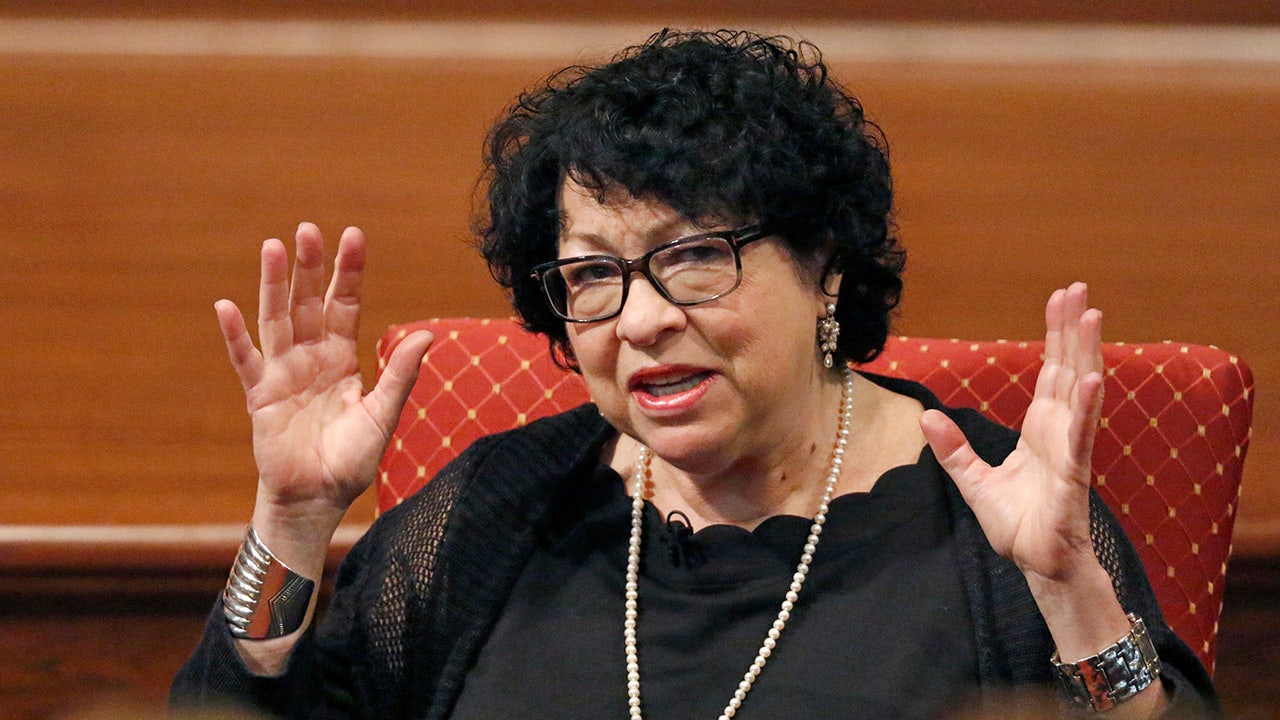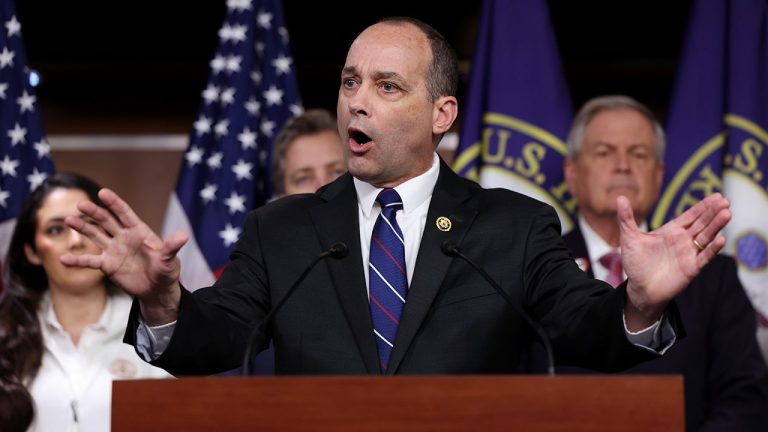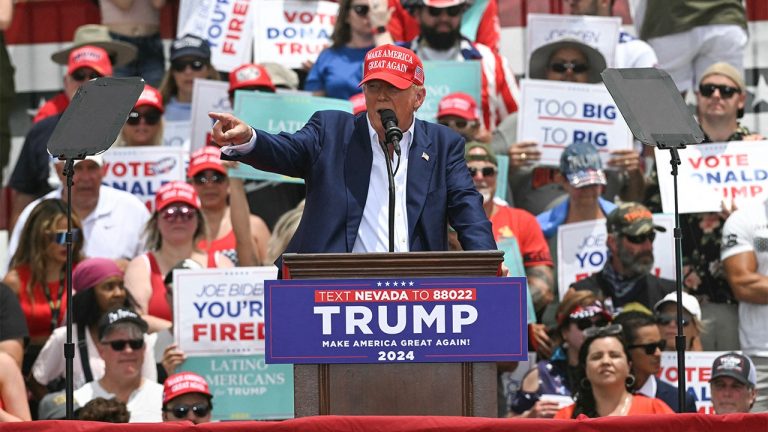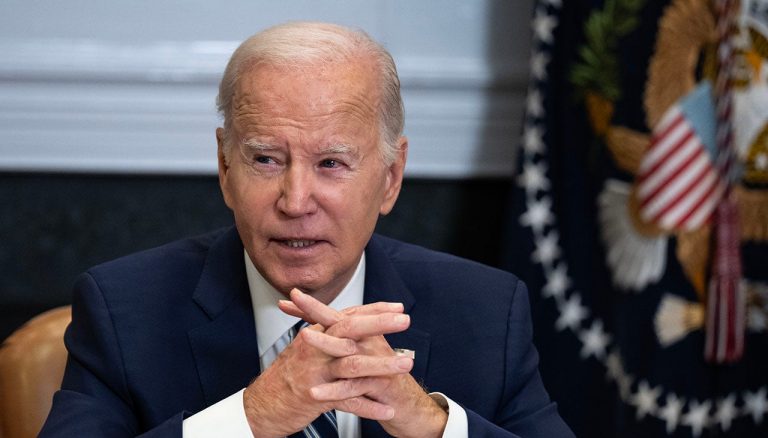Sotomayor upset about same-sex couples’ challenges in immigration ruling by SCOTUS.
Sonia Sotomayor, a Justice of the Supreme Court, delivered a passionate dissent on Friday, criticizing her colleagues’ decision in a case involving a spousal visa. She argued that the ruling could have severe consequences for same-sex couples, potentially forcing them to relocate to countries that do not recognize same-sex marriage or even criminalize homosexuality.
The case revolves around Sandra Muñoz, an American citizen who married a citizen of El Salvador. The husband was denied an immigrant visa to the United States, prompting Muñoz to sue the State Department. She claimed that the government did not provide sufficient justification for denying her husband a visa.
In response, the State Department raised concerns about the husband’s suspected affiliation with the MS-13 gang, pointing to tattoos on his body as evidence. The couple denies these allegations, but they were not enough to sway the majority decision of the court.
In a 6-3 ruling, the court sided with the State Department, asserting that while Muñoz has a right to marry, her husband does not have a right to live in the U.S. with her. Justice Amy Coney Barrett, writing for the majority, emphasized Congress’s authority in setting immigration regulations and the State Department’s role in implementing those requirements.
However, Justice Sotomayor, joined by Justices Kagan and Jackson, strongly opposed the majority’s decision. She argued that it places the future of U.S. couples in the hands of other governments, particularly endangering same-sex couples who may face additional challenges due to discriminatory immigration laws in other countries.
Sotomayor criticized the notion that U.S. citizens must rely on the immigration laws of other nations to be with their spouses, highlighting the disproportionate burden it places on marginalized groups who may lack the means to establish a home in their partner’s country of origin.
Additionally, Sotomayor raised concerns about the State Department’s assessment of the husband’s tattoos, noting that some of the images hold cultural significance in Latin American communities. She argued that these tattoos, depicting symbols like ‘Our Lady of Guadalupe’ and tribal patterns, were erroneously interpreted as gang-related markers.
Overall, Justice Sotomayor’s dissent underscores the potential consequences of the Supreme Court’s decision on spousal visas, particularly for vulnerable populations like same-sex couples. The debate surrounding immigration policies and individual rights continues to be a crucial issue with far-reaching implications.








